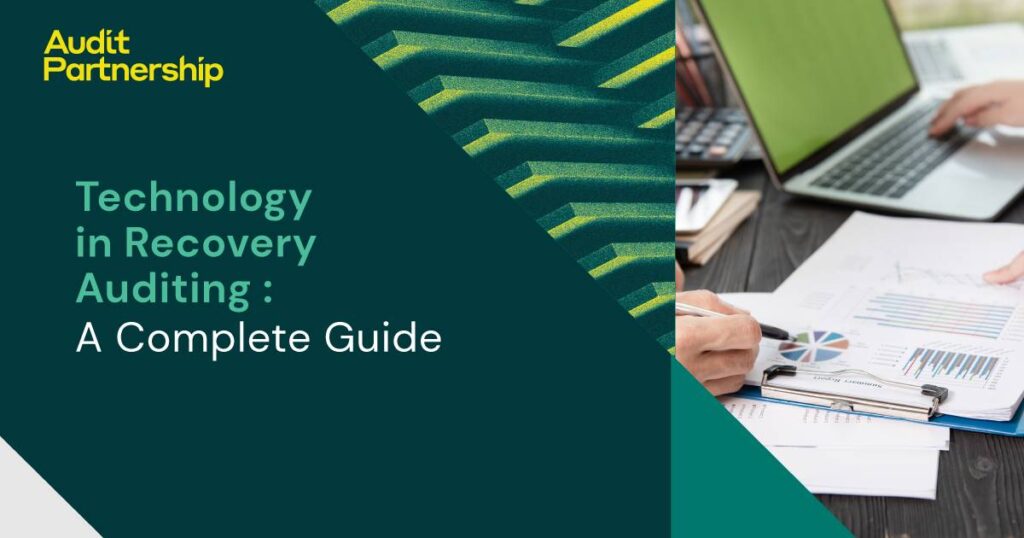When we see the foundational level of the business environment, organisations are continuously seeking ways to enhance operational efficiency. One effective strategy is contract compliance audits, which ensure that agreements with suppliers and partners are linked properly. For many companies, contract management is key to combining operational efficiency and savings compliance.
This blog will analyse the significance of contract compliance in operational efficiency and provide five key tips to improve operational efficiency with contract compliance audits.
Key Features
- Understanding the importance of contract compliance.
- Identifying areas of operational efficiency improvement.
- Practical tips for enhancing supplier relationships.
- Leveraging partnerships with audit firms.
To explore our relevant blogs, What Is Contract Compliance? 10 Best Practices & Its Steps
Significance of Contract Compliance with Operational Efficiency
Contract compliance is central to operational efficiency. It ensures that all parties follow their duties, which can mitigate risks and reduce costs. Non-compliance can lead to financial losses, tested supplier relationships, and wasted resources. Regular compliance audits help organisations identify disparities, streamline processes, and maintain productive partnerships, eventually improving operational efficiency.
5 Key Tips to Improve Operational Efficiency with Contracts
1. Centralised Contract Management
A centralised contract management system helps your organisation store, track, and manage all contracts in one location. This system improves visibility and accessibility, allowing teams to retrieve relevant documents and ensure compliance quickly. Benefits include:
- Reduced risk of losing contracts or critical information.
- More comfortable management of contractual duties.
- Streamlined collaboration among team members.
2. Automated Contract Workflow
Automation of the contract workflow can significantly improve efficiency. Organisations can improve the contract lifecycle while minimising errors by utilising automated tools for email drafting, reviewing, and approving contracts. Key advantages include:
- Time savings through workflows and templates.
- Enhanced accuracy in data entry and reporting.
- Faster turnaround times for contract approvals and modifications.
3. Supplier Management
Conduct regular performance tracking and audits to ensure suppliers stick to contractual terms and conditions. Specify clear communication channels and provide feedback to promote collaboration. Best practices include:
- Setting up regular check-in meetings with suppliers.
- Sharing performance metrics and discussing areas for improvement.
- Incentivising compliance through positive reinforcement.
4. Monitoring Risks
A proactive approach like using Discover can help reduce risk management which is essential for enhancing operational efficiency. Use compliance audits to identify and evaluate potential risks associated with contracts and suppliers. Regularly monitoring risks allows organisations to:
- Take corrective action before issues escalate.
- Adapt to changing market conditions and regulatory requirements.
- Protect against financial and reputational damage.
5. Analysing Trends
Organisations can uncover understandings that guide better decision-making by analysing data collected during compliance audits. Considerations include:
- Identifying regular issues or backups in the contract cycle.
- Evaluating supplier performance and compliance trends.
- Leveraging details to negotiate better contract terms in the future.
Review Your Contract Compliance with Audit Partnership
To effectively implement these strategies, consider partnering with experts like Audit Partnership. We can provide valuable guidance, support, and resources like AI/ML-based new tech software to enhance your audit processes, enabling your organisation to achieve optimal operational efficiency.
Improve Your Operations with Contract Compliance
By working on contract compliance and utilising the tips outlined above, organisations can significantly enhance their operational efficiency. A systematic, organised approach to managing contracts improves compliance, increases stronger supplier relationships, reduces risks, and examines profitability.
Conclusion
Improving operational efficiency through contract compliance audits is essential for reducing risks and lowering costs while maintaining supplier relationships. Organisations can ensure compliance and deliver better performance by choosing strategies such as centralised contract management, automated workflows, and proactive risk monitoring.
Partnering with experts like Audit Partnership can further support these efforts, improving operational processes and long-term success. Prioritise contract compliance to unlock value and achieve greater efficiency in your operations.
Frequently Asked Questions (FAQs) – Improve Operational Efficiency with Contract Compliance Audits
1. What is a contract compliance audit?
A contract compliance audit reviews an organisation’s agreement to the terms and conditions of their contracts with suppliers or service providers. It aims to identify disparities and ensure all parties fulfil their duties.
2. Can small businesses benefit from contract compliance audits?
Absolutely. Small businesses can benefit significantly from contract compliance audits by identifying inefficiencies, preventing revenue leaks, and ensuring that all agreements are approved. This can lead to greater cost management and a stronger competitive level.
3. What are the consequences of non-compliance?
Non-compliance can lead to financial penalties, contract termination, damaged supplier relationships, and a reputational black mark. Addressing compliance issues proactively to mitigate risks is crucial.







